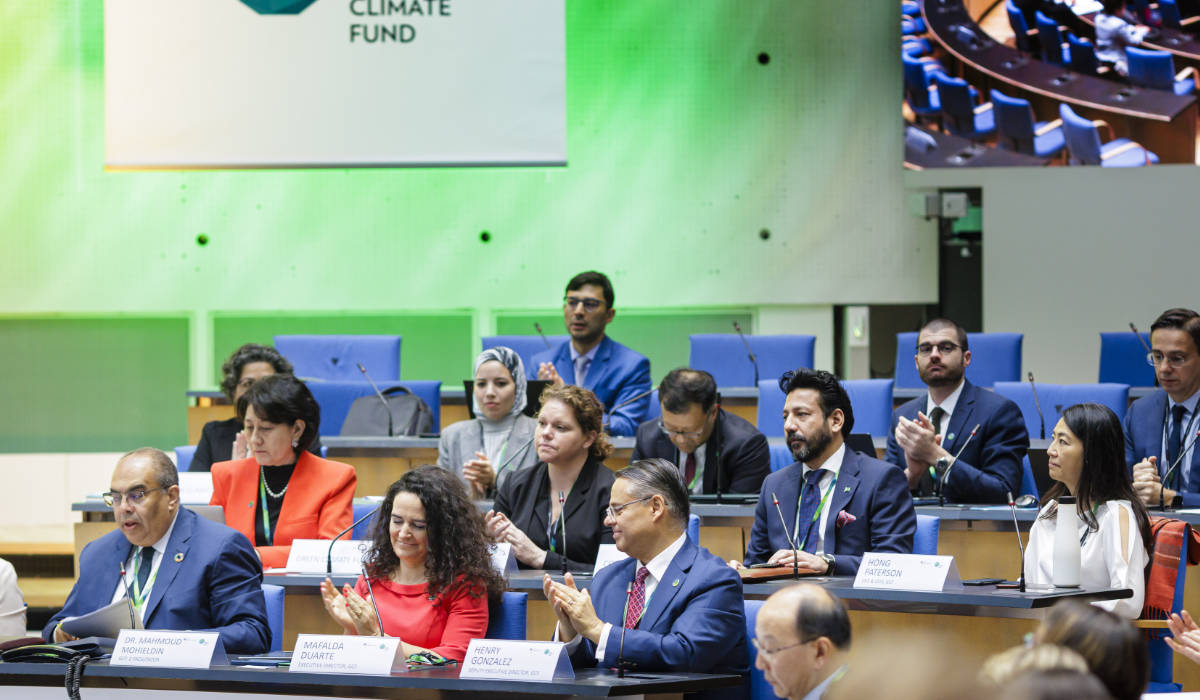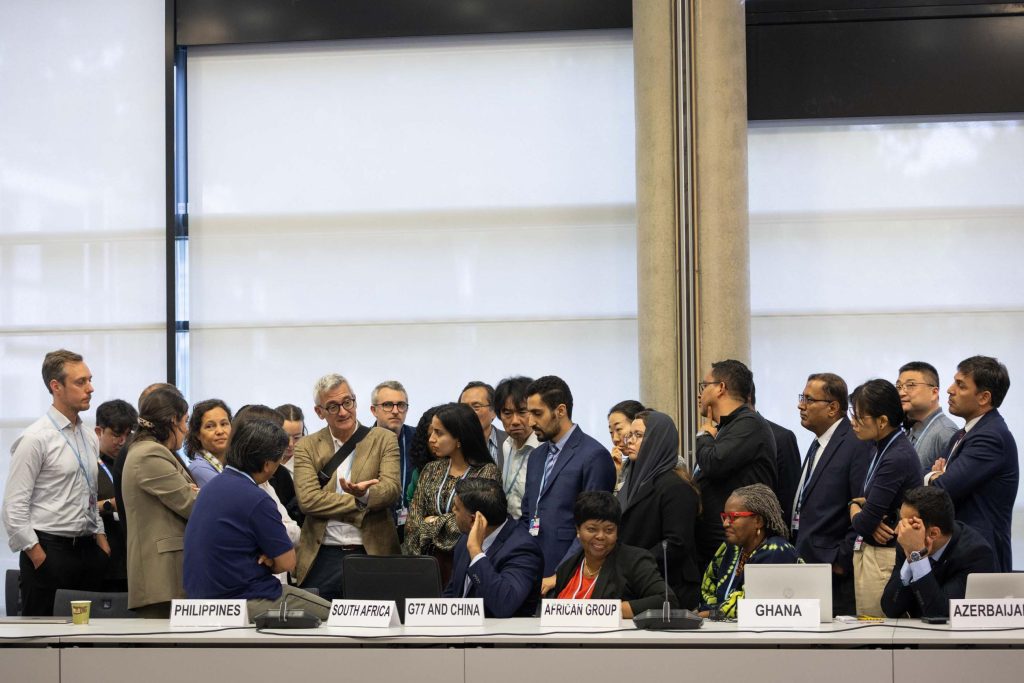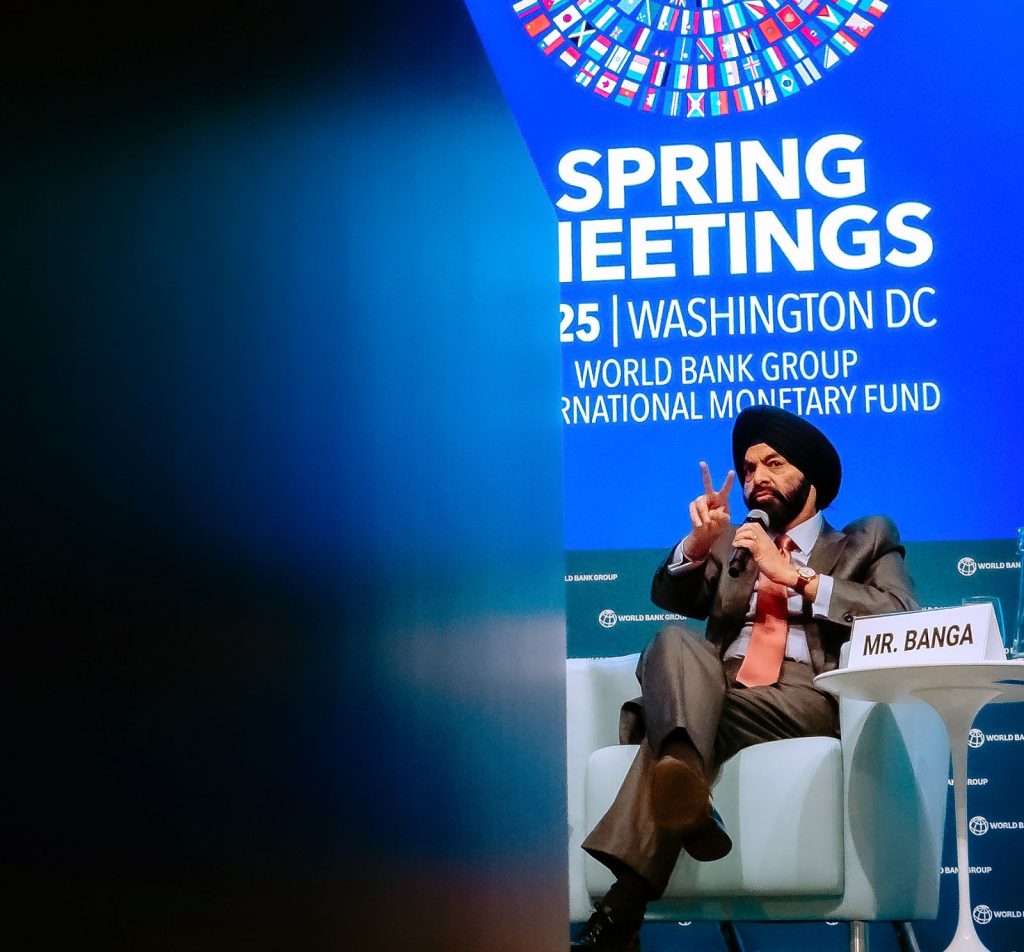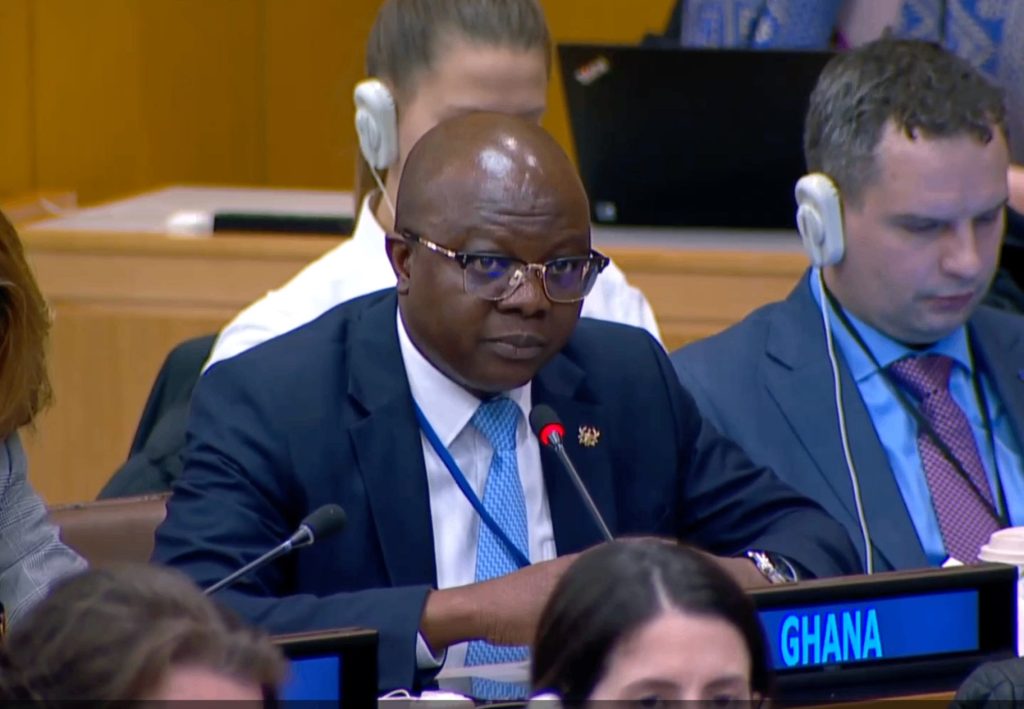Over the past year, African negotiators have consistently pointed out that the next replenishment of the Green Climate Fund (GCF) would be indicative to them of the appetite of developed countries to make good on their climate finance pledges. While a few pledges were made at the Climate Ambition Summit last month in New York, all eyes were on the GCF High Level pledging Conference held on 5 October to see the extent to which developed countries would deliver.
The GCF is the largest dedicated multilateral climate fund and is one of the financial arms of the United Nations Framework Convention on Climate Change. It provides climate finance to developing countries from funds received from developed countries. When it was initially resourced in 2014, it received US$10.3 million in pledges, of which $9.3 was confirmed. In the next replenishment period for 2020-2023, it raised pledges of a further $10 billion. While this was only a small fraction of the much larger $100 billion/annum in climate finance that developed countries have historically pledged, it is symbolically significant because the GCF provides grants and concessional (below market rate) finance.
For this reason, and given historic shortfalls in the overall provision of climate finance, African countries were looking to see an ambitious GCF replenishment for the 2024-2027 period. However, little seems to have changed since 2014, and in October, only $9.32 billion was pledged. When combined with other pledges from this year, this brings GCF pledges for this second period up to $12.7billion. Not only has the needle not really moved on the initial amount, but it also does not bode well for the GCF’s vision of managing $50 billion by 2030. It is also a drop in the ocean compared to the trillions needed in NDC financing for developing countries over this decade.
Criticising Norway, Japan for their weak pledges, Harjeet Singh, Head of Global Political Strategy at Climate Action Network International said that “the fund envisioned as the lifeline for climate action in developing nations is held back by the indifference of wealthy countries.” He further called out the silence of the United States, as “glaring and inexcusable” as it “participates on the GCF Board and shapes policies without meeting its financial obligations”. To date, the US has not pledged anything, nor did it do so in 2019 and it only ever delivered two thirds of its 2014 pledge.
Other countries have also shied from their commitments. In a comment by Climate Home News, they pointed out that in exchange terms, France had actually contributed less than it did in 2019. Canada announced a paltry $333.7 million, and Italy, Sweden and Switzerland only indicated an intention to pledge something but did not bring any numbers to table. Notwithstanding its increasingly fragile climate policy, the UK pledged 2 billion, although this in itself is only a slight boost to previous pledges.
Unfortunately, this only exacerbates the trust deficit between developed and developing countries. It further entrenches the perception that developed countries are deflecting their obligations to the private sector, and to pull wealthier developed countries into the contributor mix. It also aggravates concerns that the accounting approach to assessing climate finance flows is deeply flawed, and should be revisited to ensure that there is a minimum floor to grant finance.






